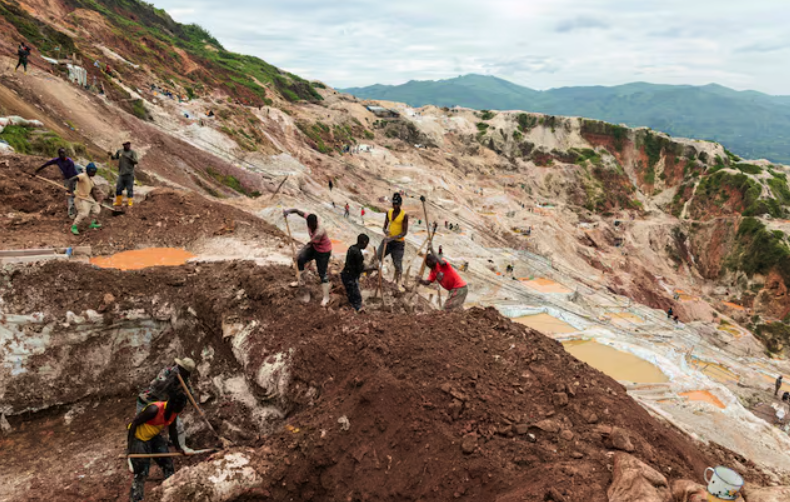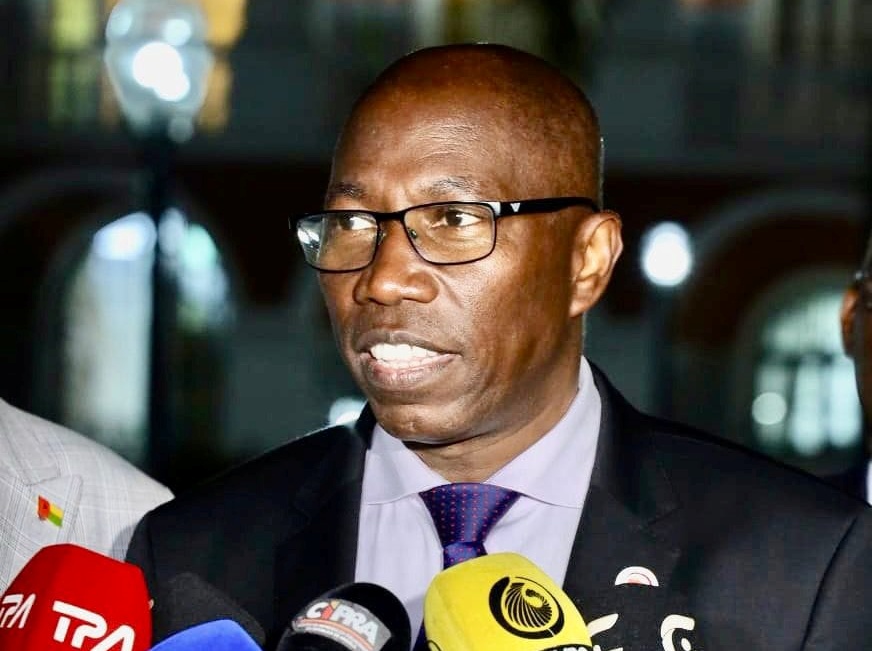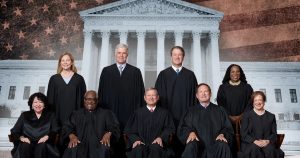Gambiaj.com – (BISSAU) – Guinea-Bissau’s President Umaro Sissoco Embalo recently announced a postponement of the early legislative elections originally scheduled for November 24, deepening uncertainty in the politically fragile West African nation. Amidst concerns about a delay in democratic processes, the postponement has intensified apprehensions, particularly since a date has yet to be set for the presidential election, while Embalo’s mandate is set to expire on February 27, 2025.
Domingos Simões Pereira, the President of Parliament and leader of the opposition coalition PAI-Terra Ranka, voiced grave concerns during a press conference on Wednesday, warning that the country risks a descent into a “non-state” status if the government does not adhere to the constitutional timeline. Pereira, who represents the coalition that won the last legislative elections, cautioned that if President Embalo remains in power beyond his mandate, “all the country’s institutions will operate outside the law and the Constitution,” threatening the country’s democratic framework.
As a prominent figure in Guinea-Bissau’s political landscape, Pereira’s statements resonate widely. Known for fiercely standing to the various regimes over the past decade in a nation historically marred by frequent coups and transitions of power, Pereira expressed a need for public vigilance, urging citizens to recognize the dangers of this potential constitutional lapse.
“As a political party, but also as a citizen,” Pereira stated, “we assume two very great responsibilities here, which are to alert the people of Guinea-Bissau and, through the people of Guinea-Bissau, to alert all citizens, including those who lead sovereign bodies, on the need that all together we can avoid reaching this state of affairs.”
In his appeal, Pereira urged citizens to take to the streets to “demand the right to assembly, demonstration, and organization“—rights he argues are under threat from the current administration. He insisted that public mobilization is critical to ensuring democratic rights remain protected as the country approaches the February 27 deadline.
Guinea-Bissau’s political scene has been marked by turbulence, with President Embalo’s administration facing allegations of authoritarianism and suppressing opposition voices. The recent parliamentary elections in June saw the victory of the PAI-Terra Ranka coalition, which was viewed as a turning point that could restore parliamentary sovereignty and bring greater balance to Guinea-Bissau’s governance.
However, Embalo’s refusal to immediately implement the legislative results and his announcement of an election delay have triggered widespread anxiety over potential political instability.
The delays and the looming constitutional crisis have not only raised domestic tensions but have also drawn international attention. Regional bodies, including the Economic Community of West African States (ECOWAS), have expressed concern over the escalating political standoff.
ECOWAS and other international actors fear that continued delays in elections and the resulting impasse could risk destabilizing Guinea-Bissau and disrupt fragile regional stability.
As the deadline approaches, Guinea-Bissau now faces a critical crossroads where the actions of its leaders and the engagement of its citizens will determine the direction of its democracy and governance.










